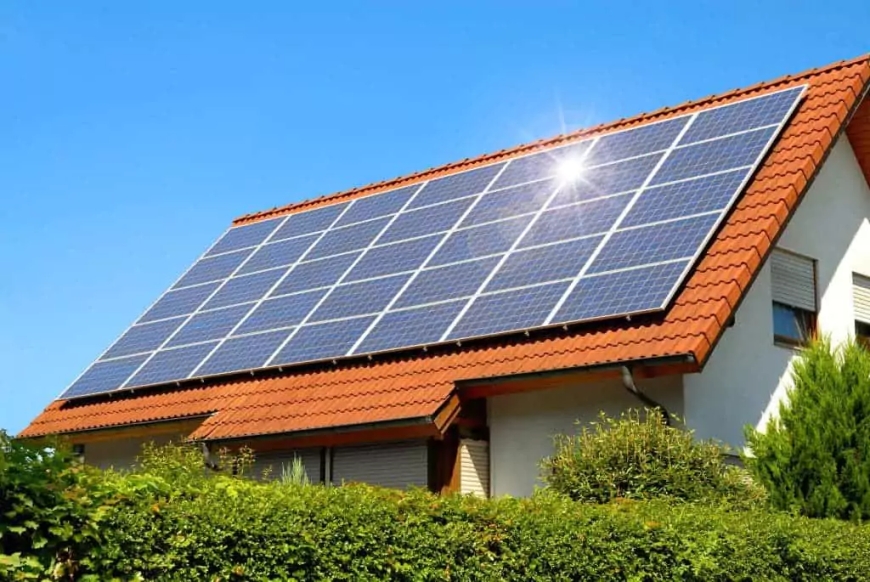Sustainable Living Made Simple with Solar Power for Homes
As more and more homeowners realize the drain of energy costs the thought of renewable energy becomes more appealing as well. One of the least expensive and most usefulchoices is solar energy for houses.

As more and more homeowners realize the drain of energy costs and the wastefulness of the environment, the thought of renewable energy becomes more appealing as well. One of the least expensive and most useful choices is solar energy for houses. One day, everyone will power their lives with a solar roof electric system on their home solar electricity. Your home battery lets you use solar-based electricity whenever you want, even when it's dark.
Knowing the Advantages of Solar Power For Homes
The sun powers the solar cells, and that energy is converted into electricity via arrangements of photovoltaic cells. For residential customers, this means producing clean, renewable energy directly on their rooftop. The biggest near-term advantage to having a solar power system is the potential for savings over the long term. It can lower the homeowner’s monthly utility bill by a substantial amount, and in many cases, even wipe out the entire utility bill.
In saving your money, solar energy is good for the environment. Solar power systems do not release greenhouse gases into our environment, making them one of the most environmentally friendly energy sources. With the transition to solar power for homes, contribute to the efforts to fight climate change; you can lower your carbon footprint. This environmentally friendly decision not only encourages the wellness of the planet but also increases residential value and curb appeal.
How Home Solar Power Systems Work
A residential solar installation typically includes solar panels, an inverter, and a monitoring system. On the roof or on other surfaces, solar panels capture the sunlight and convert it into direct current (DC) power. The inverter then converts this DC electricity into the kind of electricity already used in houses, alternating current (AC).
Many contemporary solar systems have monitoring features so that homeowners can monitor their energy production and consumption in real time. This transparency contributes to efficiency maximization and to the fact that the system works effectively on a long-term basis. Some systems have room for battery storage as well, which would allow you to store power to use during peak demand or for backup.
Financial Incentives and ROI
Financial incentives are also driving many homeowners to consider solar power. Federal tax credits and state rebates, as well as incentives from local utility companies, can cut the upfront costs of installation considerably. Eventually, the payback is evident in lower energy bills and improved home value.
Homeowners in areas where net metering is in place can even receive credit for the extra electricity their system contributes to the grid. So on sunny days, the energy produced can end up being more than used at the house, and the extra goes toward even more savings.
Selecting the Best Solar Power Source
When evaluating solar power for homes, key factors to take into account include the household’s current energy usage, the direction and state of the roof, and the local climate. A comprehensive review of the site aids in the proper sizing and optimal positioning of the system for peak performance.
Conclusion:
Using solar power for homes uses is a brilliant move that aligns both economic values with environmental consciousness. Residential solar is a good investment if you already have the technology, there are more incentives to help it make sense, and it’s more accessible than you might think. While the urgent need for green energy increases day by day, solar power provides a stylish, eco-friendly, and low-cost solution for homeowners everywhere.



























































































































































